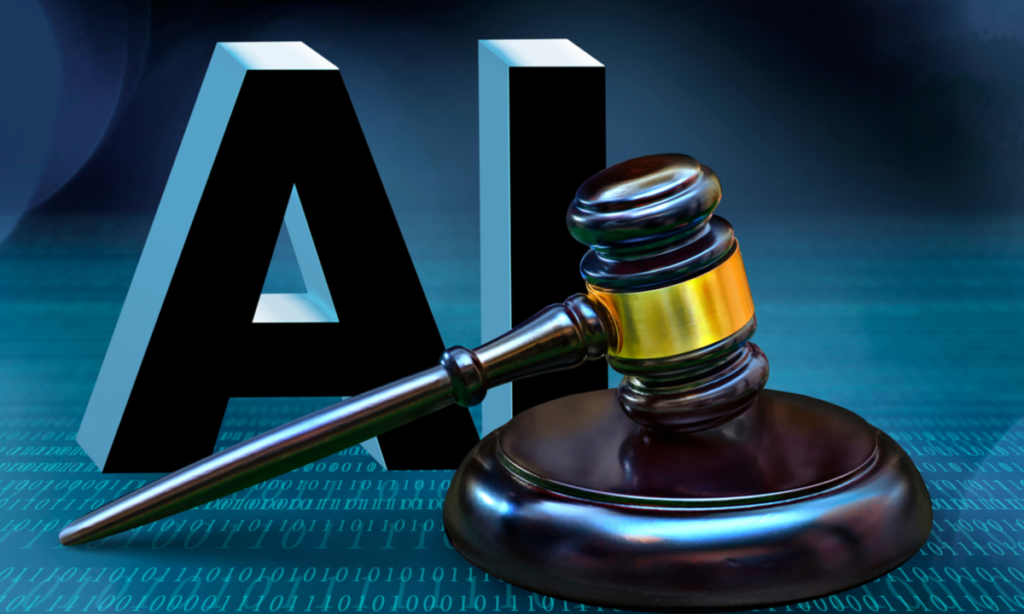Microsoft and a16z set aside differences, join hands in plea against AI regulation
In a remarkable display of unity, Microsoft and Andreessen Horowitz (a16z) have set aside their usual competitive stance to issue a joint plea against restrictive AI regulations. This surprising partnership signals a significant shift in how major tech players are approaching the future of artificial intelligence. As AI continues to evolve, the implications of regulatory frameworks are becoming increasingly critical. This collaboration not only highlights the urgency of their concerns but also underscores a shared vision for fostering innovation in this rapidly advancing field.
The Background: Diverging Perspectives
Historically, Microsoft and a16z have occupied distinct roles within the tech ecosystem. Microsoft, a giant in software and cloud computing, has been a key player in developing AI technologies that enhance productivity, security, and accessibility. Meanwhile, a16z, a leading venture capital firm, has invested heavily in various AI startups, shaping the entrepreneurial landscape. Their differing objectives have often placed them at odds, especially concerning the pace and scope of AI development.
However, the rising tide of public and governmental scrutiny surrounding AI has prompted both entities to reconsider their positions. Concerns about privacy, security, and ethical implications have fueled calls for tighter regulations. In this context, Microsoft and a16z recognize that overly restrictive measures could stifle innovation, limit economic growth, and ultimately hinder the technological advancements that have the potential to transform society.
Key Concerns About AI Regulation
The joint statement from Microsoft and a16z highlights several key concerns regarding the current regulatory discourse surrounding AI:
- Innovation Stifling: They argue that rigid regulations could slow the pace of innovation. In a field where agility and adaptability are crucial, overly prescriptive rules may hinder the development of groundbreaking technologies.
- Global Competitiveness: The duo emphasizes the need for the U.S. to remain competitive on the global stage. Striking a balance between regulation and innovation is vital to ensure that American companies can compete effectively with their international counterparts.
- Job Creation and Economic Growth: Microsoft and a16z advocate for an approach that fosters economic growth through AI. They highlight the potential for AI to create jobs and drive efficiencies across various sectors, from healthcare to transportation.
- Ethical Development: Rather than blanket regulations, they call for a framework that encourages ethical AI development, emphasizing collaboration between tech companies, policymakers, and other stakeholders.
A Vision for Collaboration
By aligning their voices, Microsoft and a16z are advocating for a collaborative approach to AI regulation. They propose a model where policymakers engage with industry leaders to understand the nuances of AI technology, allowing for regulations that promote innovation while addressing ethical concerns. This partnership could serve as a blueprint for future collaborations between tech giants and venture capital firms.

The Path Forward
As this dialogue evolves, it’s crucial for all stakeholders to remain engaged. The future of AI holds immense promise, but it also presents challenges that require thoughtful consideration. Microsoft and a16z’s collaboration illustrates the importance of unity in addressing these issues. Their combined expertise and influence can pave the way for regulations that protect consumers while fostering an environment ripe for innovation.
Conclusion
The joint plea by Microsoft and a16z against restrictive AI regulation marks a significant moment in the tech industry. By setting aside their differences, these two powerful entities are signaling a commitment to a future where AI can thrive under a balanced regulatory framework. As we move forward, it’s essential for the conversation about AI regulation to include diverse perspectives, ensuring that innovation continues to flourish while addressing societal concerns.
In a landscape where technology is advancing at an unprecedented pace, this partnership may very well shape the future of AI, creating a space where innovation and responsibility coexist. As we witness this unfolding narrative, the implications for entrepreneurs, consumers, and society as a whole are profound and far-reaching.



[…] the helm are seasoned entrepreneurs and engineers who have deep roots in AI and robotics. Many of them have previously worked at leading tech companies like Google DeepMind, […]